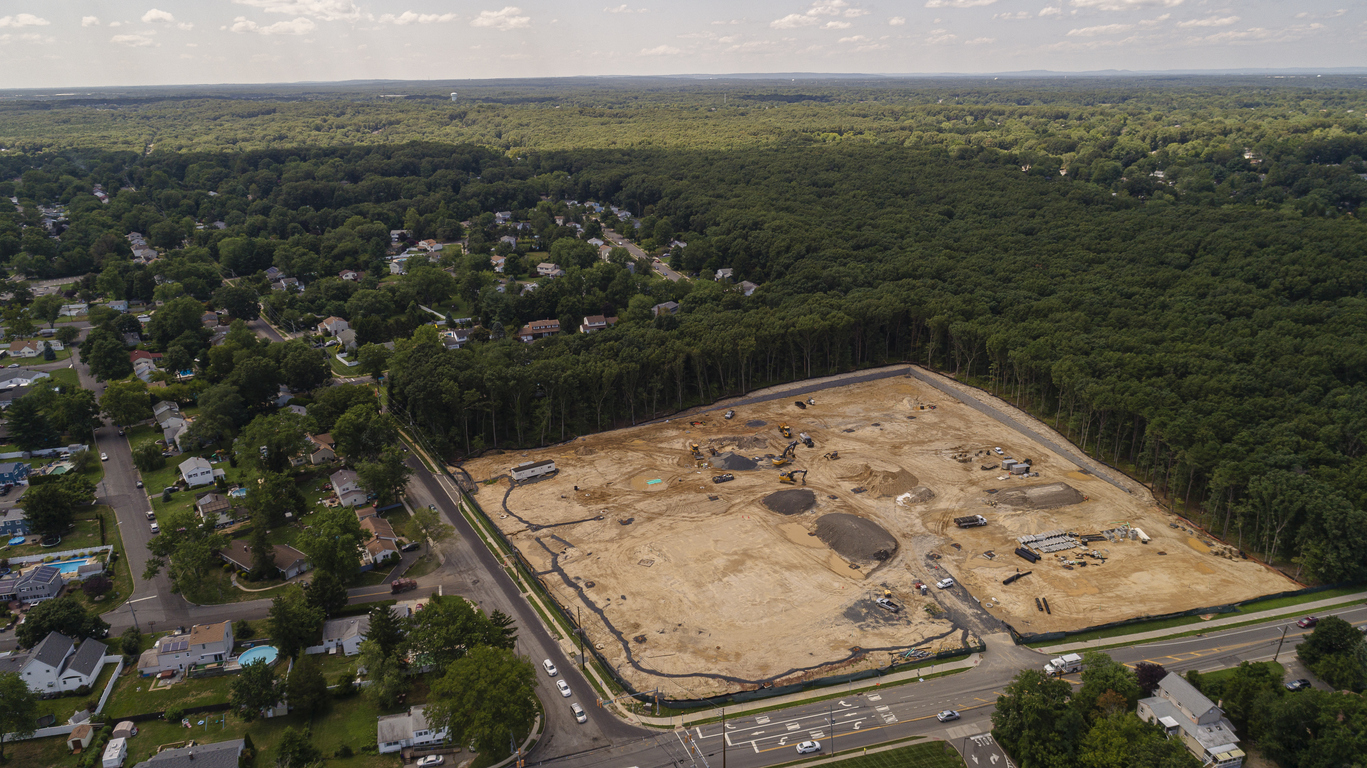ISRA or the Industrial Site Recovery Act, N.J.S.A. 13:1K (ISRA) is a unique environmental law that requires the remediation of certain industrial or commercial properties before they can be sold, transferred, or when business operations at a property cease.
Download Printable Article (PDF) >>>

1. How Long Has ISRA Been Around
ISRA’s origins date back to 1983, when the NJ State Legislature found that discharges of toxic chemicals over many, many years had left a legacy of contaminated industrial properties throughout the State. Recognizing the potential risks to human health and the environment and the
possible costs the State would incur in cleaning up contaminated sites that had been abandoned, the Legislature enacted the Environmental Cleanup and Responsibility Act (ECRA). ECRA originally required approval of a cleanup plan before the transfer or closing of an “industrial establishment” and assurance that a funding source for the cleanup was set aside. ECRA was later supplemented and amended to reform the process, and the law was renamed, becoming ISRA in 1993.
2. Does ISRA Matter to You?
If you are considering buying, selling, or developing property, you should determine whether ISRA applies to your transaction. Specifically, compliance with ISRA begins at the time of numerous specified triggering events identified in the statute, and includes the sale of property, the sale of a business, the cessation of business operations, and some corporate reorganizations. While a property or business owner is responsible for conducting the investigation into the real property to confirm whether it is contaminated, a prospective purchaser should always confirm whether the statute applies, and if so, that the owner or operator is following ISRA’s requirements. The New Jersey Department of Environmental Protection (DEP) no longer issues letters of non-applicability, which previously confirmed whether ISRA applied to a transaction or facility, so the onus is on the parties themselves. Failing to comply with ISRA could result in continued contamination at a property that the purchaser may then become responsible for as successor, potential health hazards for future property occupants, and fines.
3. To What Kind of Property Does ISRA Apply?
A property that is classified as industrial is not automatically subject to ISRA – rather, it must meet three requirements:
The business conducted on the real property must have a North American Industry Classification System (NAICS) number that is listed at Appendix C of the ISRA rule found at N.J.A.C. 7:26B;
The business must have operated in New Jersey on or after December 31, 1983; and The business must use or store hazardous substances as defined in N.J.A.C. 7:1E.
4. What Happens if a Property is Subject to ISRA?
Assuming a property or facility meets the above three criteria, and a specifically enumerated triggering event has occurred, the owner or operator must notify DEP by filing a General Information Notice (GIN) with the assistance of a Licensed Site Remediation Professional (LSRP). An LSRP acts in the place of DEP and allows an investigation and remediation to move forward under their guidance and expertise, ensuring that the property is investigated in accordance with the Technical Requirements for Site Remediation.
5. How Long Will Compliance with ISRA Take?
It depends. If the initial Preliminary Assessment performed by the LSRP identifies potential areas of concern (AOCs), a Site Investigation must be conducted to determine if there are contaminants present above applicable remediation standards. If there are, additional steps will be needed to determine the nature and extent of any contamination and detail the exact measures to be taken to remediate the property. Once the remediation is complete, the LSRP will issue a Remedial Action Outcome (RAO) confirming that no further action is required. There are, however, certain circumstances under which DEP will allow the triggering event (e.g., sale, transfer, or cessation of operations) to proceed before all of the ISRA requirements have been completed.
NJ’s ISRA statute is unusual and comes as a surprise to many out of state owners, tenants and buyers looking to transact.
The contents of this article are for informational purposes only and none of these materials is offered, nor should be construed, as legal advice or a legal opinion based on any specific facts or circumstances.



